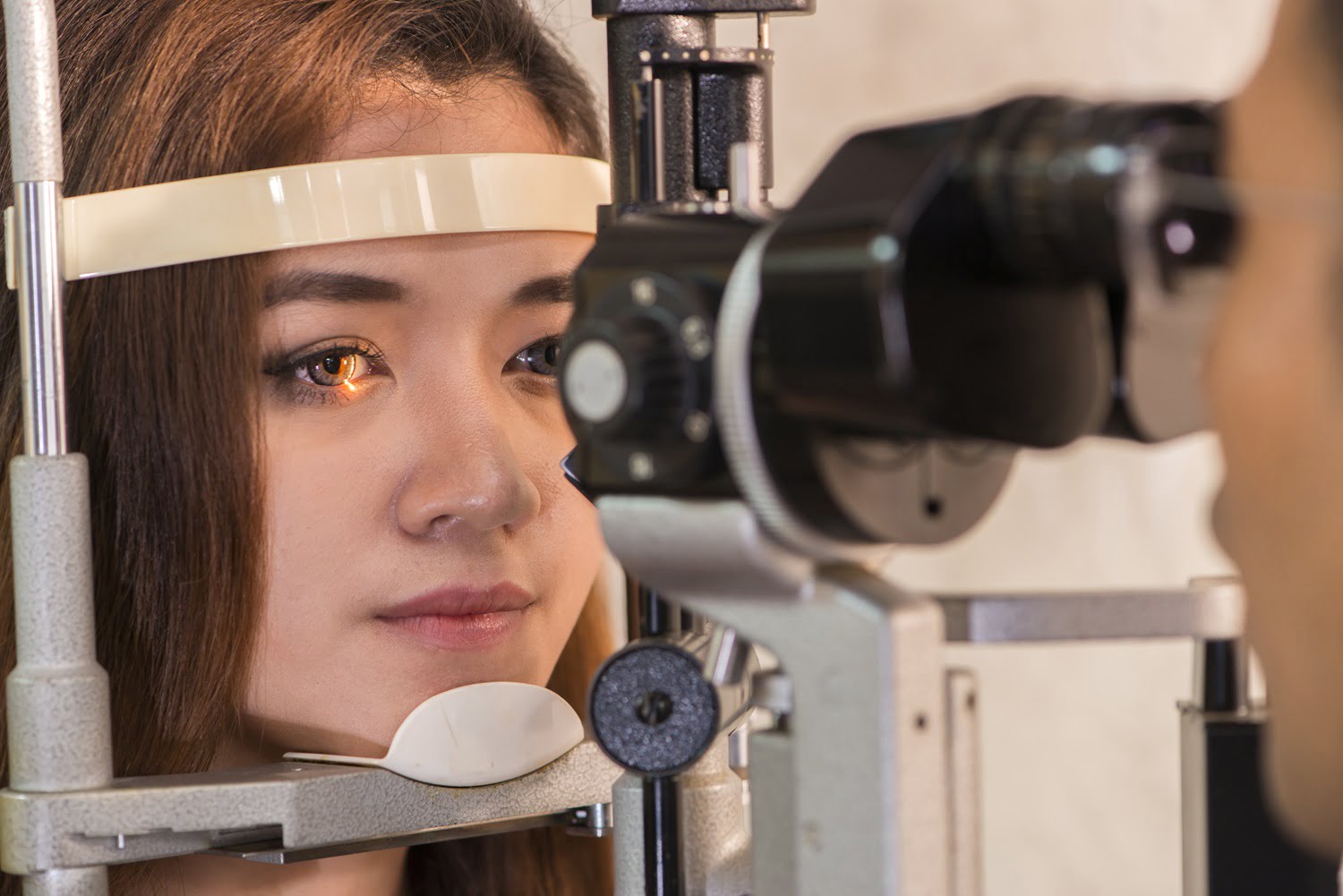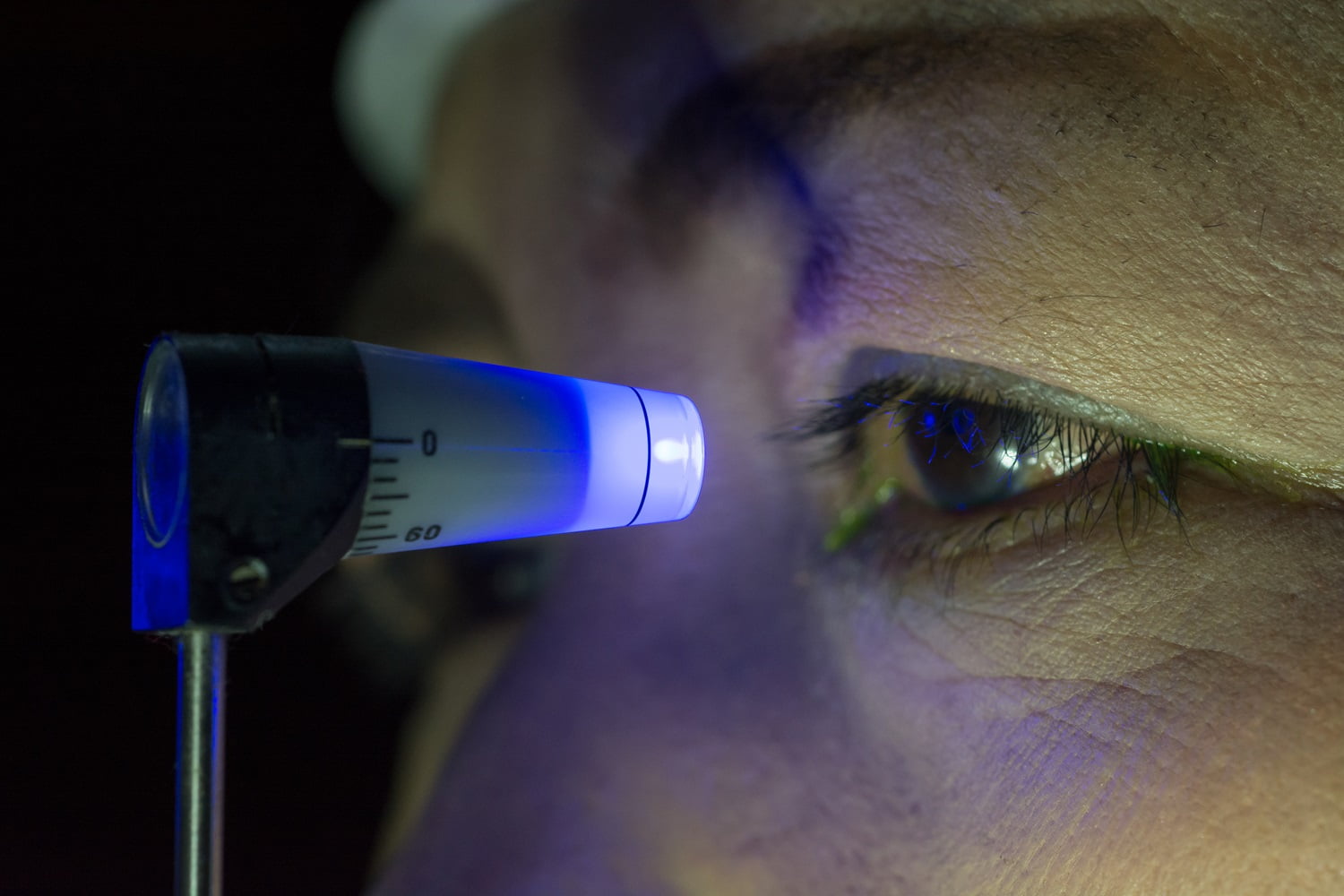At Image Eye Care, we prioritize the proactive management of ocular diseases to safeguard your vision and promote lasting eye health. Our dedicated optometrists in Las Vegas and Henderson specialize in the comprehensive assessment, diagnosis, and personalized treatment plans for a range of ocular conditions.
Ocular Disease Management
Ocular Disease Management for Lasting Eye Health

Our Approach to Ocular Disease Management

Early Detection for Optimal Outcomes
Early detection is the key to effectively managing ocular diseases and preventing potential vision loss. Our advanced diagnostic technologies enable us to detect subtle changes in your eye health, allowing for timely intervention and personalized treatment plans.
Comprehensive Ocular Health Exams
Our ocular disease management begins with comprehensive eye exams designed to assess various aspects of your eye health. From measuring intraocular pressure to evaluating the integrity of the retina, our optometrists leave no stone unturned in ensuring a thorough examination.
Common Ocular Diseases We Manage
A leading cause of irreversible blindness, glaucoma often progresses without noticeable symptoms. Our proactive approach involves regular screenings, monitoring intraocular pressure, and implementing personalized treatment plans to manage and slow the progression of glaucoma.
Age-related macular degeneration (AMD) can impact central vision, affecting daily activities. Our ocular disease management for AMD involves early detection, lifestyle recommendations, and targeted interventions to preserve and enhance vision.
Individuals with diabetes are susceptible to diabetic retinopathy, a condition affecting the blood vessels in the retina. Our management strategies include regular screenings, monitoring blood vessel health, and coordinating care with other healthcare providers for comprehensive diabetes management.
Cataracts, clouding of the eye’s natural lens, are a common age-related condition. We provide personalized management plans, monitoring cataract progression and recommending surgical intervention when necessary for clear vision restoration.
Personalized Treatment Plans
Our optometrists tailor treatment plans based on the specific characteristics of your ocular disease, lifestyle factors, and overall health. From recommending specialized lenses to coordinating with ophthalmologists for surgical interventions, our goal is to optimize your visual outcomes.
Collaborative Care
For conditions requiring specialized care, we collaborate closely with ophthalmologists and other healthcare professionals to ensure you receive comprehensive and coordinated treatment.

Preserve Your Vision with Ocular Disease Management
Don’t leave your eye health to chance. Schedule a comprehensive eye exam at Image Eye Care for proactive ocular disease management. Our experienced optometrists are dedicated to preserving your vision and promoting lasting eye health through personalized care and advanced technologies. Book your appointment today.
FAQs
How often should I have an ocular health exam?
The frequency of ocular health exams depends on various factors, including age, overall health, and any existing eye conditions. As a general guideline, adults should undergo a comprehensive eye exam every 1-2 years. Individuals with existing ocular diseases may require more frequent visits. Consult with our optometrists to determine the optimal schedule for your specific needs.
What is glaucoma, and how is it managed?
Glaucoma is a group of eye conditions that damage the optic nerve, often leading to vision loss. Early detection is crucial, and management typically involves prescription eye drops, laser therapy, or surgery to lower intraocular pressure. Regular monitoring and compliance with treatment plans are essential for effective glaucoma management.
Can diabetic retinopathy be prevented?
Certain lifestyle changes can contribute to the prevention or slowing of macular degeneration. These include adopting a healthy diet rich in antioxidants, protecting your eyes from UV rays with sunglasses, maintaining a regular exercise routine, and avoiding smoking.
Are cataracts only a concern for older individuals?
While cataracts are more common in older individuals, they can develop at any age. Aging is a primary risk factor, but factors such as genetics, trauma, and certain medications can contribute to cataract development. Regular eye exams help detect cataracts early, and our optometrists create personalized management plans based on the individual’s needs.
What symptoms indicate the need for an ocular disease exam?
Symptoms vary depending on the ocular disease, but common signs include changes in vision, eye pain, redness, flashes of light, and floaters. If you experience any unusual symptoms or have concerns about your eye health, schedule an ocular disease exam promptly.
Is ocular disease management covered by insurance?
Many health insurance plans cover ocular disease management as part of routine eye care. However, coverage can vary, and it’s essential to check with your insurance provider to understand the extent of coverage. Our team can assist you in navigating insurance-related questions.
Can ocular diseases be cured completely?
The goal of ocular disease management is to control and slow the progression of conditions, preserving vision and preventing further damage. While some conditions can be effectively managed, a complete cure may not be possible in all cases. Early detection and proactive management significantly improve outcomes.
Do I need a referral to see an optometrist for ocular disease management?
In most cases, you do not need a referral to see an optometrist for ocular disease management. You can schedule an appointment directly with our experienced optometrists. If specialized care or surgery is necessary, our team can coordinate with ophthalmologists and other healthcare providers as needed.
How long does ocular disease management take?
The duration of ocular disease management varies based on the specific condition, its severity, and the chosen treatment plan. Our optometrists will provide you with a personalized timeline during your consultation, and regular follow-up appointments will be scheduled to monitor progress and make adjustments as needed.
